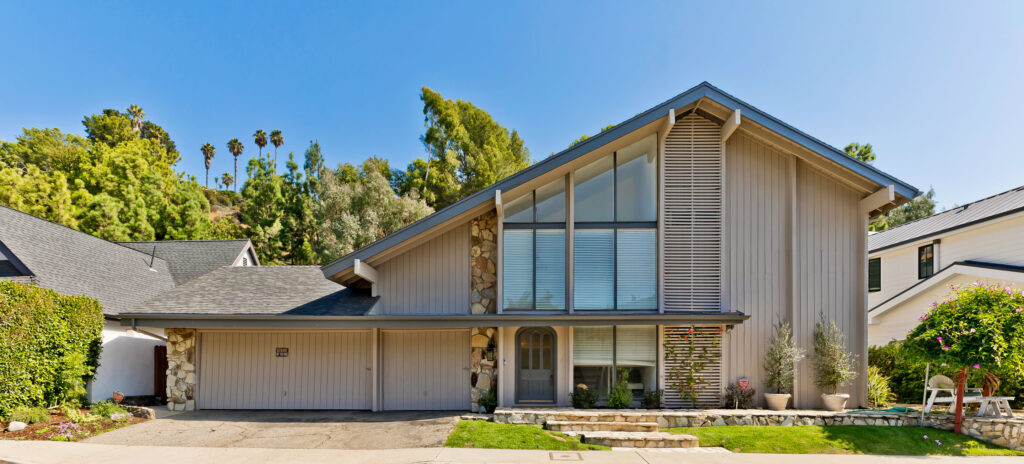Unknowns on top of Unknowns
The domestic and global health, political and economic statuses are huge unknowns and likely will impact local home values in various ways.
However, we can perhaps anticipate continuing interest rates near historic lows, strong demand for housing in highly desirable Westside communities, a relative shortage of housing inventory due to several factors which are most likely to continue, and a great deal of stress as most of the population strive to maintain a sense of normalcy in the face of an invisible and seemingly all-pervasive threat.
This may be the best time for selling a home in nearly every area of the country, due to the factors mentioned above, and the fact that prices are now very close to all-time high levels again. However, the market is highly selective and many homes are taking several months before they are sold. In fact, in some neighborhoods more than one-third of the homes for sale are not selling at all.
A surprisingly large number of people are relying on various online valuation systems, even though we have repeatedly pointed out their unreliability and inconsistencies. The best time-tested solution is a comprehensive comparative market analysis (often termed a C.M.A.), which seasoned agents have learned how to compile and interpret. It requires a great deal of thought, experience, and analysis to arrive at a reasonably accurate estimate of expected value, especially in a market that could be transitioning from a seller to a buyer market at some point.
Once a reasonable probable range of value is arrived at, a skilled marketing expert can help guide the seller to make a far better-informed pricing decision. In fact, the seller should be making such crucial decisions as it is their home that is being sold, not the agents’.
If a home is priced 10 percent above or below actual market value, it may be a mistake that yields less desirable results. In general, most people feel it is wisest for a seller to set the price above the theoretical market value, allowing for a little negotiating room. Unless the seller specifically wants to maximize their chance of getting multiple offers by strategically setting the price below market value, the best result might be attained by setting the price right at the level expected it will sell at.
Ultimately the Buyer sets the Price
If a home is overpriced, it can actually hurt the market value. The longer a home is on the market, the more “stale” it is perceived. If a seller has been convinced by themselves or an agent that a high price is justified, they may not even recognize a good offer when it is received.
This may be the optimum time to be a seller, ironically during the pandemic. Prices may continue to inch up even higher before the market is clearly in a correction phase. However, if inventory grows soon, and uncertainties in the world grow greater, we may then be experiencing a market correction that could last for a long while.
